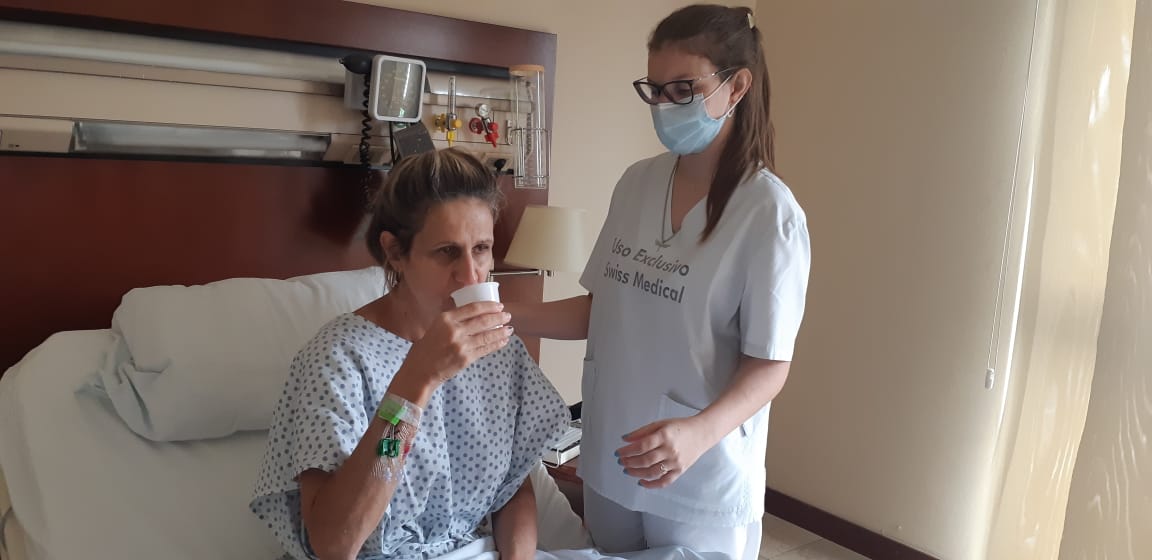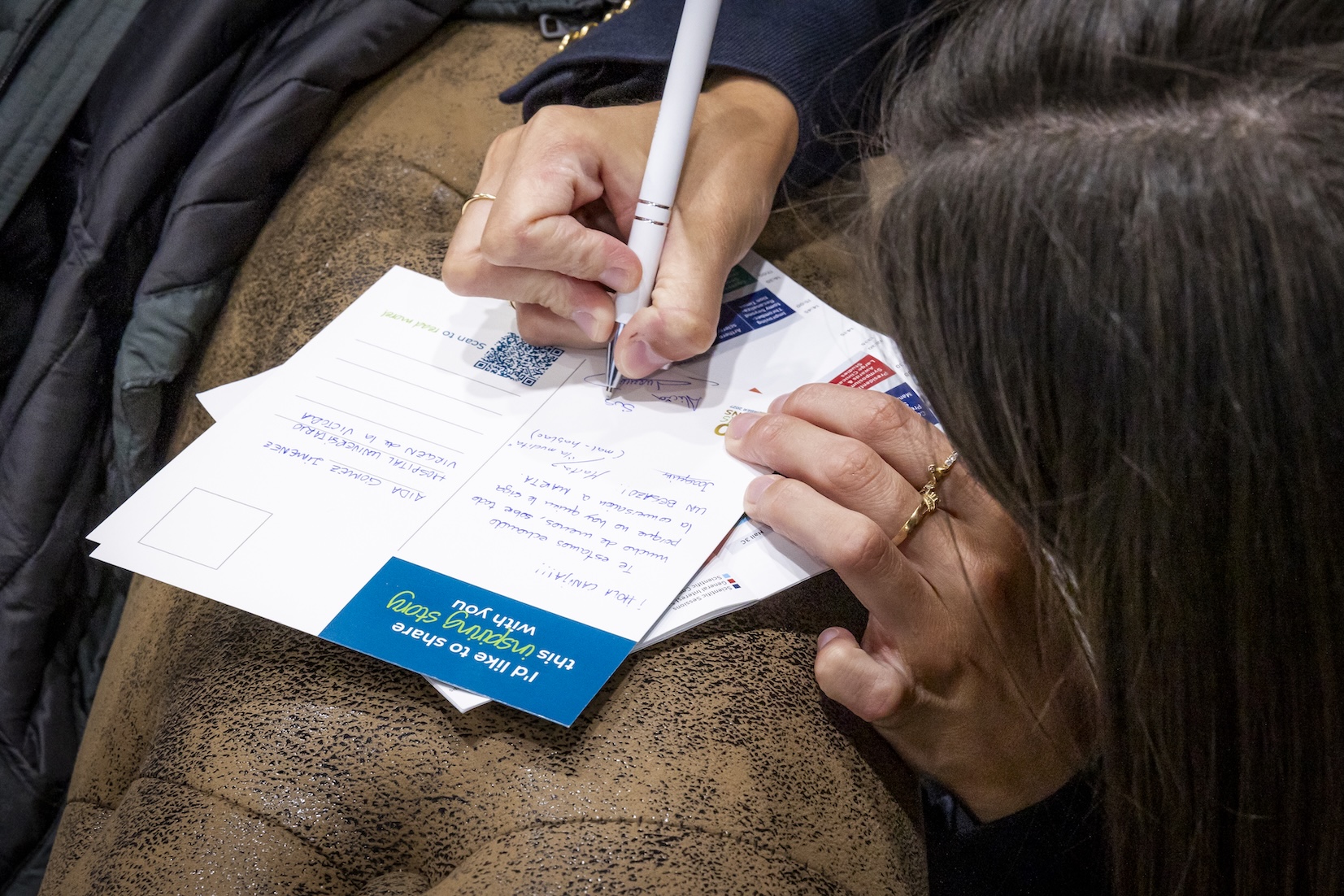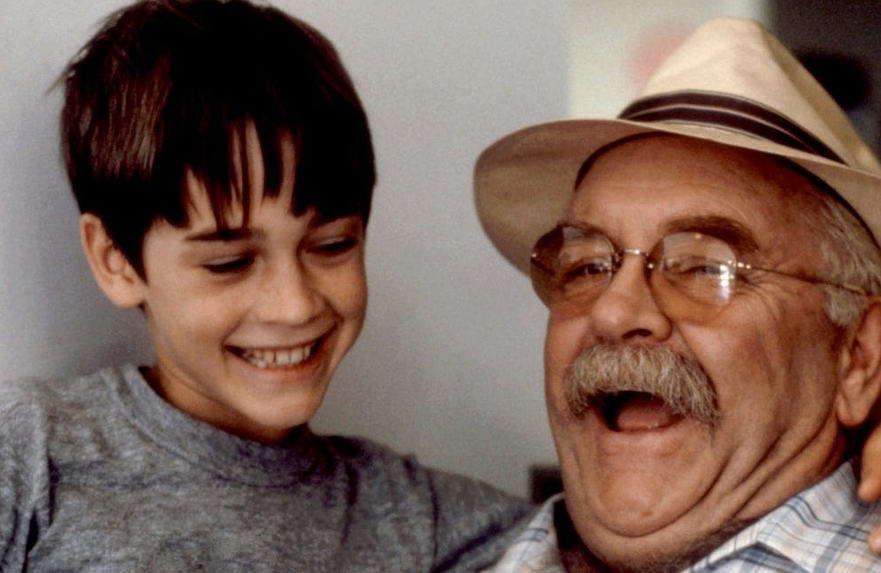Sanatorio de los Arcos so svojím neurologickým inštitútom je určené referenčné centrum pre pacientov s mozgovou príhodou švajčiarskej lekárskej skupiny v meste Buenos Aires, píše Dr. Maia Gomez Schneider. Do roku 2018 však medián času od dverí k ihlám bol oveľa nižší ako očakávania.

V roku 2018 inštitúcia zaznamenala priemerný čas od dverí k ihle 119 min na liečbu intravenóznou rtPA, pričom iba 8 % pacientov bolo pod 60 min a žiadne z nich nedosiahlo 45 min – ďaleko od očakávaných štandardov.
V roku 2019 sme sa zapojili do iniciatívy Angels tým, že sme prispeli do databázy Res-Q. Účasť v databáze Res-Q nielen uľahčila získavanie údajov o pacientoch s mozgovou príhodou a kvalite starostlivosti v Argentíne a vo svete, ale tiež pomohla rýchlo nájsť naše slabé stránky, aby sme mohli pokračovať vo vzdelávaní a zlepšovaní. S pomocou iniciatívy Angels sa uskutočnilo niekoľko školení pre zdravotné sestry, lekárov urgentnej medicíny a pracovníkov prednemocničných služieb. Vďaka tomu sme boli schopní zvýšiť počet pacientov, ktorí dostávali reperfúznu liečbu, a postupne znížiť oneskorenia v nemocnici. Získali sme dokonca ocenenie WSO Angels, na ktoré sme veľmi hrdí.
V roku 2020 však pandémia ochorenia Covid-19 narušila cesty, ktoré sme vybudovali. Boli sme nútení reorganizovať našu štruktúru, aby sme pacientom s mozgovou príhodou ponúkli bezpečnú a rýchlu starostlivosť, najmä po presmerovaní mnohých zdrojov, najmä ľudských zdrojov, na starostlivosť o pacientov s koronavírusom. Protokoly si vyžadovali zmeny z dôvodu výnimočných okolností, ktoré sme zažili.
V roku 2020, aj keď sa zohľadnil kontext pandémie a oneskorenie konzultácií s pacientmi, došlo k výraznému zníženiu priemernej hodnoty od dverí k ihle na 48 minút, pričom 92 % bolo pod 60 minút a 53 % bolo pod 45 minútami a percento pacientov liečených reperfúznymi technikami pre ICVA bolo 14,4 %. Sme presvedčení, že prednemocničná a vnútronemocničná organizácia bola kritická, čo sa odrazilo aj v skrátení času od príjmu pacienta po podanie liečby pri akútnej liečbe.
Po mesiacoch sa indikátory kvality vrátili do normálu, okrem jedného: skríningu dysfágie, ktorý sme nedokázali vykonať včas u všetkých pacientov. Keďže sme to nedokázali urobiť tak ako pred pandémiou, zaviedli sme počas úvodného hodnotenia školenie a skríning pohotovostným neurológom. Opäť sme sa obrátili na iniciatívu Angels Initiative, ktorá nám spolu so spoločnosťou Nutricia na 29. január 2021 poskytla vynikajúce virtuálne školenie od Lic. Valeria Ton, špecialistka na prehĺtanie. Jej školenie nám pomohlo vypracovať jednoduchý a účinný protokol hodnotenia dysfágie, ktorý sme rýchlo uviedli do praxe. V súčasnosti sa u 100 % našich pacientov s diagnózou mozgovej príhody alebo TIA vykonáva skríning na prítomnosť dysfágie, aby sa znížili potenciálne komplikácie v nemocnici, ako je aspiračná pneumónia.
Zaznamenávanie a analýza údajov je rozhodujúca pre odhalenie príležitostí na zlepšenie.






